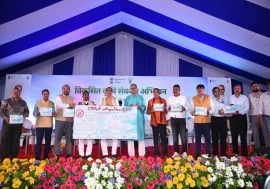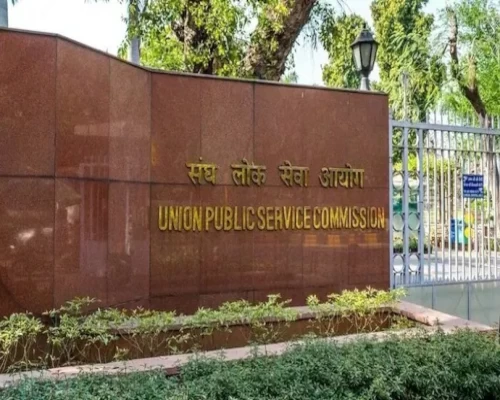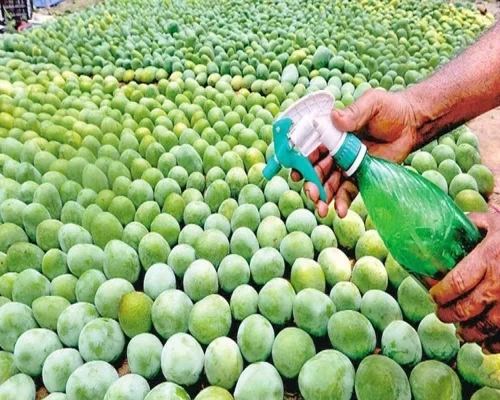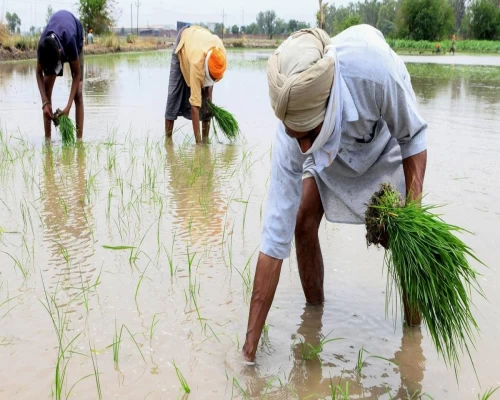
National Science Day, which falls on 28 February, serves as a beacon, guiding nations towards a future driven by scientific innovation. In the intricate tapestry of governance, the convergence of robust scientific research and evidence-based policy making is essential, particularly in key sectors like the seed industry. Hence it is paramount to delve into the symbiotic relationship between science and policy making, highlighting the pivotal role of both the public and private sectors in fostering innovation and driving sustainable growth in not only the seed industry but agriculture, in general.
Scientific research serves as the cornerstone of progress, propelling innovation across various sectors. In India's seed industry, investments in research and development have catalyzed significant advancements in breeding programs and seed technologies. Private sector plays a crucial role in driving such research endeavors, leveraging its expertise and resources to develop high-yielding, resilient crop varieties. Encouraging further private sector involvement requires a multi-faceted approach, including both monetary and non-monetary incentives. Monetary incentives such as tax breaks, research grants, and subsidies can incentivize private sector investment in research and development. Non-monetary measures such as streamlined regulatory processes, intellectual property protection, and public-private partnerships can also foster collaboration and innovation in the seed industry.
Policies Anchored in Evidence
Effective governance in the seed industry hinges on evidence-based policies that promote innovation, sustainability, and equitable access to improved seed varieties. Ongoing comprehensive review of policies like the New Policy on Seed Development (NPSD) demonstrate Government of India's strong commitment to fostering a conducive environment for seed industry growth.
Science-based policy making ensures that decisions are informed by empirical evidence, facilitating transparent and accountable governance. By harnessing the expertise of both public and private sectors, policymakers can develop policies that address the diverse needs of stakeholders while promoting agricultural productivity and resilience.
Bridging Science and Policy
Advocacy serves as a vital bridge between science and policy, amplifying the importance of evidence-based decision making and mobilizing support for science-driven policies. Organizations like the Federation of Seed Industry of India (FSII) advocate for the adoption of modern seed technologies and sustainable agricultural practices. Similarly, in broader policy-making contexts, transparent decision-making processes foster public trust and engagement, facilitating informed discussions and fostering collaboration between stakeholders.
Science is the lifeblood of the seed industry, driving innovation and ensuring the availability of high-quality, resilient crop varieties. Through advancements in breeding techniques, biotechnology, and seed technology, scientists and researchers continuously enhance the productivity, adaptability, and nutritional value of seeds. These innovations not only bolster food security but also contribute to farmer livelihoods and economic growth. Moreover, science-based approaches enable the seed industry to tackle emerging challenges such as climate change, pests, and diseases, ensuring the sustainability and resilience of agricultural systems.
As we commemorate National Science Day, let us reaffirm our commitment to fostering scientific innovation and evidence-based policy making in the seed industry.
By nurturing collaboration between the public and private sectors, incentivizing research and development, and promoting transparent governance, India can unlock the full potential of its seed industry. Together, we can cultivate a future where scientific advancements drive sustainable growth, food security, and prosperity for all.
The writer is Executive Director, Federation of Seed Industry of India (FSII)









 (13)_500_x_400.webp)


